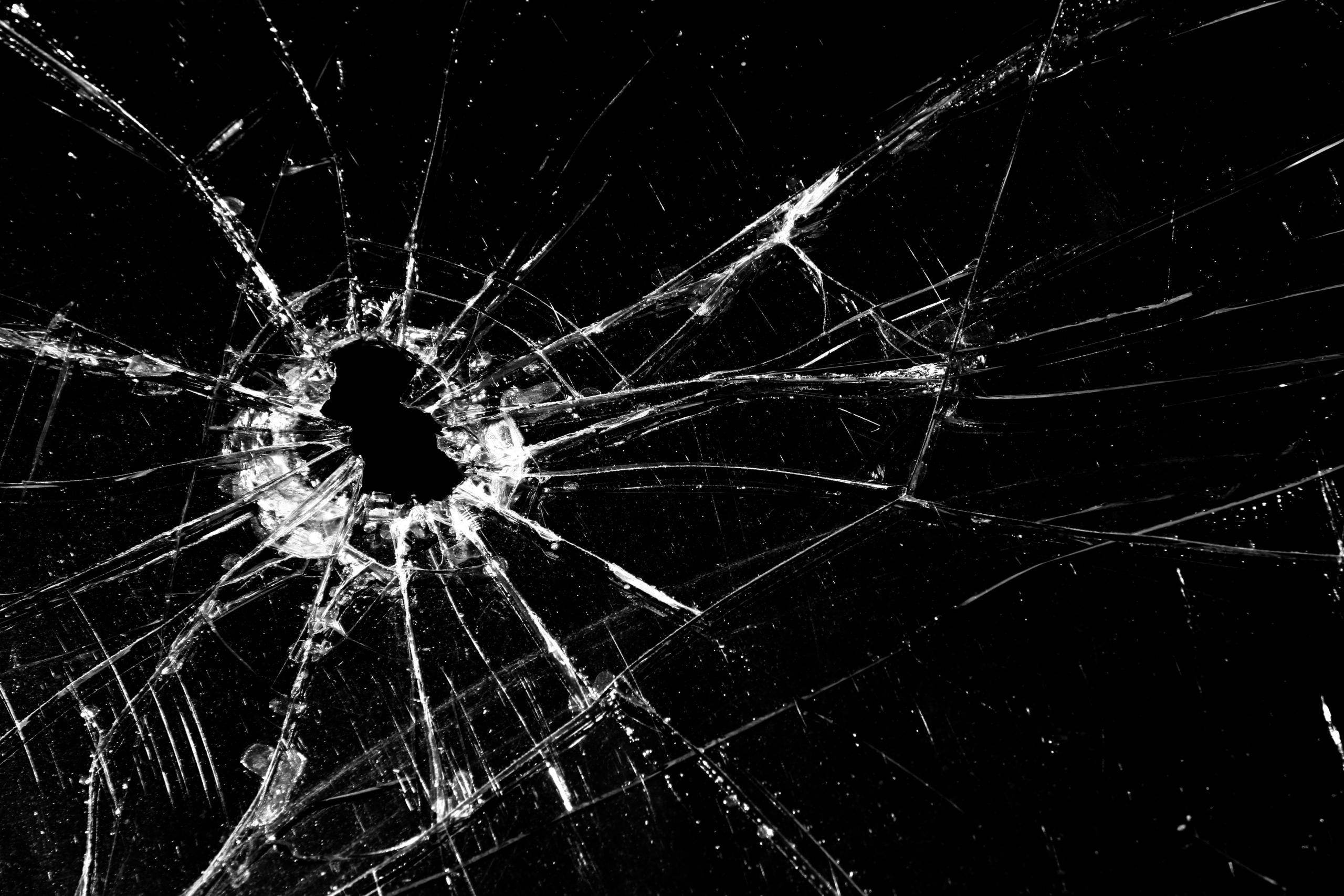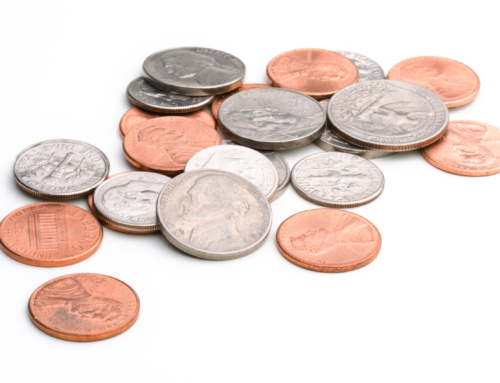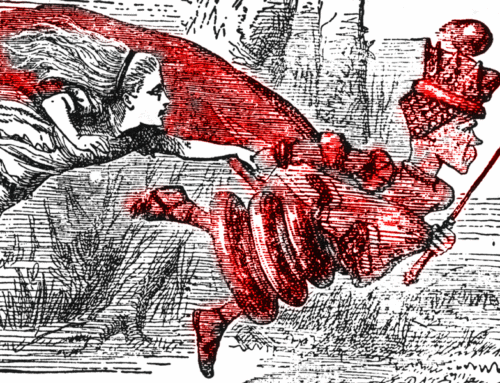Bad things happen. Bad things have always happened. So have good things. Bad things have always gotten more notice and attention than good things. This is true in business, personal or political life.
In today’s always-on, ever-connected world, the bad things are swiftly and broadly distributed and repeated (retweeted?) and amplified by the media to the point that they can, and do, become an assault on the sensibilities of people.
Way “back in the day”, circa 1980 when the 24/7 news reporting cycle was introduced, it seemed like such a novel idea. I’m not so sure anymore. Keeping the attention of the public for “news” 24/7/365 — with so many full time outlets — I imagine the pressure for sensationalism and inherent biases that speak to those most likely to listen to “our” point of view must be as intense as it is unrelenting (ratings and advertising fees?).
Feed the beast
“News”, such as it is, is amplified by social media — and vice versa — to create a complicated and incessant stream of information, misinformation and disinformation into the public area.
Consider four key points: 1) Our society has created a beast that needs continual feeding—24/7/365 and the beast needs to keep your attention. 2) In the “news” business, including social media, everyone is trying to be the first to tell THE story. “First” is rarely complete and fully accurate, whether good or bad. 3) Bad things get more attention than good things. 4) Billions of dollars of ad revenue, based on viewership, are at stake. What could go wrong?
Bad things have happened
- We have had/are having a pandemic. Some people have been very sick and the most vulnerable among them have not survived.
- Much of the country has been on lockdown for several months. People are tired and frustrated.
- Approximately 40 million people are out of work and got there suddenly and without warning. They are scared and angry.
- Our economy has taken a terrible hit. It will be hard to recover.
- Our country is politically and culturally divided like I have not seen in my lifetime. There’s no discourse or conversation anymore.
- A man is dead and a video of his death has triggered social unrest and violence like we have not experienced since the late 1960’s.
Triggered
There are always some eager to make things worse. Protests (a usually organized public demonstration of disapproval), are a protected and even encouraged form of free speech. Many (most?) of them have turned into or spawned riots, a violent offense against public order. Like an unlawful assembly, a riot involves a gathering of persons for an illegal purpose. In contrast to an unlawful assembly, however, a riot involves violence.
React or respond?
Triggering? What’s going on here? I can’t tell you exactly what has happened but after more than three decades of working with executives in a wide variety business situations, economic realities and unexpected events, I have some ideas.
- Emotional catharsis — Aristotle coined the term catharsis to describe the release of emotional tension that he believed spectators experienced while watching dramatic tragedy. Today, the word “catharsis” can be used in reference to any experience of emotional release or cleansing. It can feel good to “let it all out.” In fact, in counseling, psychotherapists seek “a cathartic experience” for their patients. In counseling, not on the streets. Have we not had sufficient amounts of emotional build-up so far this year?
- Blame – According to Dr. Brené Brown blame can be a little bit of a cathartic experience. She said, “You know how blame is described in the research? A way to discharge pain and discomfort.” Any blame running amuck across our media and social platforms?
- Useful innocents — In his 1947 book, Planned Chaos, Austrian-American economist Ludwig von Mises notes the term “useful innocents” was used by Communists for liberals, whom von Mises describes as “confused and misguided sympathizers”. In literature, an audience is far more likely to have a cathartic experience if they form a strong attachment to—or identification with—the characters. There are those who take advantage of this literary device as a human enlistment strategy. Useful innocents experience the same emotions that the character is experiencing. The “audience” shares in the character’s experience. Their reaction provides the release of emotional tension.
Reaction is instant. Your unconscious mind is running things when you say or do something “without thinking”. It is driven by some cocktail of the beliefs, biases, history, and prejudices stored in the unconscious. Reaction is based on “right now” and does not consider the long-term impacts of what you say or do.
Response develops more slowly. The conscious and unconscious are together on this. Response is much more considerate and healthy, for you and others. Stephen Covey, in The 7 Habits of Highly Effective People said, “Every human has four endowments – self-awareness, conscience, independent will and creative imagination. These give us the ultimate human freedom… The power to choose, to respond, to change.”
Chose to not pay The Dumb Tax
The reality is that bad things happen to everyone. Everyone.
Sooner or later something bad is going to cross your path. Try not to make it worse.
When you’re confronted with circumstances that stir you into action, ask yourself, “Is there something I can do to improve the situation, or at least not make it worse?”
In his book The Road Less Stupid, Keith J. Cunningham says The Dumb Tax is the price you pay, one way or the other, for not weighing the alternatives and thinking about what could go wrong (2nd, 3rd, even 4th order consequences) and whether or not you’re prepared to accept those consequences.
He says, “Emotions and intellect work inversely. When emotions go up, intellect goes down.
Bad things happen. The dumb tax makes bad things worse. Don’t pay it.
In Other Words…
“The limitation of riots, moral questions aside, is that they cannot win and their participants know it. Hence, rioting is not revolutionary but reactionary because it invites defeat. It involves an emotional catharsis, but it must be followed by a sense of futility.” — Martin Luther King, Jr.
“The thing about real life is, when you do something stupid, it normally costs you. In books, the heroes can make as many mistakes as they like. It doesn’t matter what they do, because everything works out in the end. They’ll beat the bad guys and put things right and everything ends up cool.
In real life, vacuum cleaners kill spiders. If you cross a busy road without looking, you get whacked by a car. If you fall from a tree, you break some bones.
Real life’s nasty. It’s cruel. It doesn’t care about heroes and happy endings and the way things should be. In real life, bad things happen. People die. Fights are lost. Evil often wins.
I just wanted to make that clear before I begin.” ― Darren Shan, A Living Nightmare
“It’s like in the great stories, Mr. Frodo. The ones that really mattered. Full of darkness and danger they were. And sometimes you didn’t want to know the end… because how could the end be happy? How could the world go back to the way it was when so much bad had happened? But in the end, it’s only a passing thing… this shadow. Even darkness must pass.” ― J.R.R. Tolkien, The Two Towers
In The Word…
Do not envy the violent or choose any of their ways. —Proverbs 3:31






